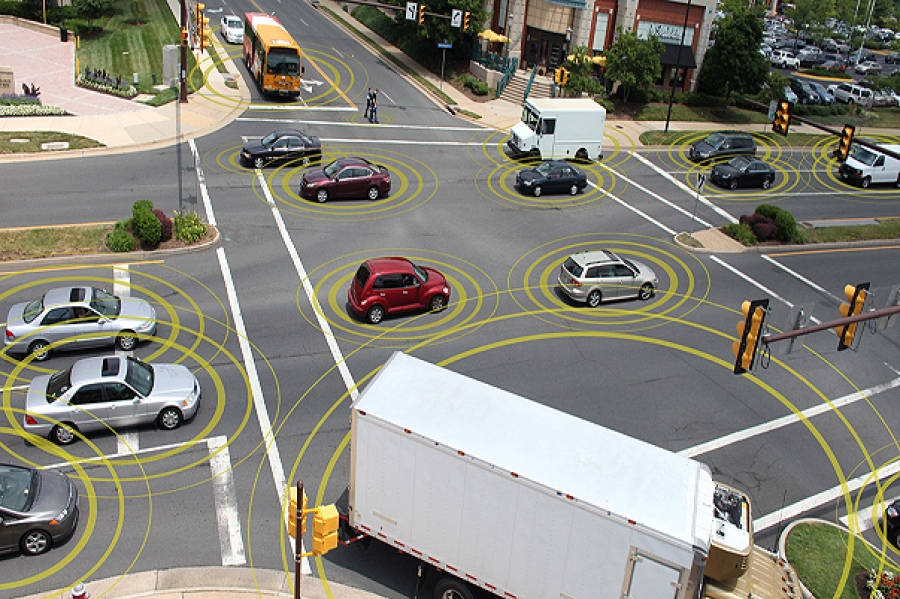In the realm of human progress, transportation has always been a pivotal factor. It has not only shaped our civilizations but also played a crucial role in the expansion of trade, culture, and knowledge. In this blog post, we will delve into four distinct examples of transportation that have revolutionized the way we move. We will explore their origins, their impact, and their potential future developments.
- Maritime Transportation: The Backbone of Global Trade
Maritime transportation, or sea transport, is one of the oldest and most widely used modes of transportation. It began with simple rafts and canoes and evolved into the complex container ships and oil tankers we see today. Maritime transportation is the backbone of global trade, carrying more than 80% of the world’s goods by volume. Its future lies in the development of autonomous ships and the use of alternative fuels to reduce environmental impact.
- Rail Transportation: The Catalyst of Industrial Revolution
The advent of rail transportation in the 19th century marked a turning point in human history. It not only accelerated the Industrial Revolution but also transformed the socio-economic landscape. Railways enabled faster, safer, and more efficient transportation of goods and people over long distances. Today, high-speed rail networks and maglev trains represent the future of rail transportation, offering eco-friendly and time-efficient travel options.
- Aviation: The Gateway to the Sky
Aviation has made the world a smaller place. From the Wright brothers’ first flight in 1903 to the modern jumbo jets and supersonic planes, aviation has revolutionized travel. It has made it possible to traverse vast distances in a matter of hours, connecting people and places like never before. The future of aviation lies in the development of electric and hybrid planes, unmanned aerial vehicles (UAVs), and the exploration of space tourism.
- Road Transportation: The Lifeline of Cities
Road transportation is perhaps the most ubiquitous mode of transport. It ranges from bicycles and cars to buses and trucks, serving both urban and rural areas. Road transport is vital for the last-mile delivery of goods, commuting, and tourism. The future of road transportation is being shaped by electric vehicles, autonomous driving technology, and smart city infrastructure.
In conclusion, these four modes of transportation have not only shaped our past but are also paving the way for our future. They are evolving in response to the challenges of urbanization, climate change, and technological advancements. As we move forward, it is crucial to foster sustainable and inclusive transportation systems that can meet our growing mobility needs while minimizing environmental impact.

